Herbal Health Care for Joints: 10 Healing Herbs & Anti Inflammatory Plants in Your Arthritis Care Plan
- Daily Health
- 3 Mins
- June 15, 2025
- WHO
- arthritis care plan, happy herbs
Does joint pain slow you down every day? Whether it’s arthritis, old injuries, or everyday wear and tear, inflammation is often the hidden cause. With the right herbal health care, healing herbs, and anti-inflammatory plants, you can ease pain naturally—without relying on strong medications.
As per a recent WHO-backed report, 1 in 6 Indians is silently battling arthritis and joint pain—and 60% of them are women over 55. But joint issues aren’t limited to the elderly. Over 22% of Indian adults today are affected, often due to long sitting hours, stress, and delayed care.
At Wellness Garden, a Bangalore-based online platform, we understand that joint pain isn’t just physical—it affects your energy, emotions, and routine. That’s why we connect you to over 600+ trusted health partners, including herbal care specialists, ayurvedic experts, and natural therapists who offer healing herbs, anti-inflammatory plants, and holistic support as part of your personalised arthritis care plan.
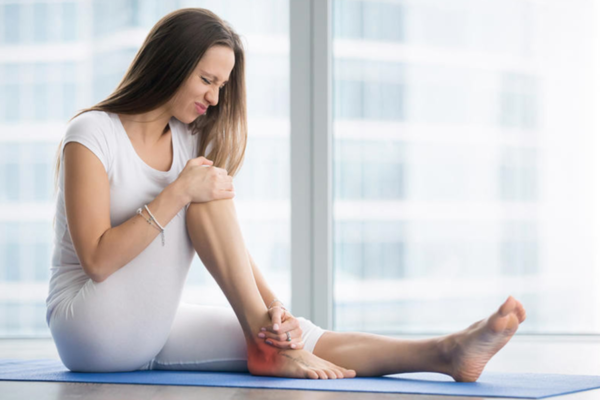 Why Are Joint Problems Rising? Key Causes Behind Joint Pain
Why Are Joint Problems Rising? Key Causes Behind Joint Pain
According to Ayurveda, joint pain arises when there is an imbalance in the Vata dosha—the energy responsible for movement and flow in the body. When Vata becomes aggravated due to poor digestion, cold exposure, or lifestyle disturbances, it leads to dryness, stiffness, and pain in the joints. This ancient view aligns closely with how inflammation and degeneration affect joint tissues today. In modern India, these imbalances are worsened by the way we live and work:
- Extended Work Hours & Poor Posture: Working 14-15 hours a day at desks, often without proper movement or breaks, puts constant strain on knees, backs, and wrists—leading to early joint wear and tear.
- Disrupted Sleep Patterns & Shift Work: Irregular sleep, especially among night-shift workers, interferes with the body’s natural repair cycles, making inflammation harder to control.
- Poor Eating Habits & Inflammatory Foods: Excess salt, processed meals, and lack of fresh, nutrient-rich foods increase systemic inflammation, which directly impacts joint health.
- Stress, Hormonal Fluctuations & Autoimmune Reactions: Chronic stress and hormonal changes—especially in 60% women—can trigger joint inflammation and autoimmune responses like rheumatoid arthritis.
- Neglect of Early Symptoms: Most people ignore early signs like stiffness, clicking joints, or swelling, leading to worsened pain that’s harder to manage later.
This is where the Ayurvedic approach offers a deeper solution.Instead of only masking the pain, improving circulation, and nourishing joint tissues with herbs and oils. Medicinal plants and healing herbs, when used correctly, restore balance and ease chronic joint discomfort naturally.
Top 10 Healing Herbs and Medicinal Plants for Joint Pain Relief
“Ayurveda is a treasure trove of herbs with potent anti-inflammatory properties that help relieve joint pain, reduce inflammation, and improve mobility.” — Dr. S. Sreeparvathy, Medical Superintendent, Ayush Ayurveda
Ayurveda suggests powerful healing herbs and medicinal plants that relieve joint pain symptoms such as stiffness, swelling, cracking sounds, fatigue. At Wellness Garden, we provide expert-led, clinically backed, and personalised herbal recommendations for joint pain to support long-term relief without side effects. Here are some of the most effective herbs and anti-inflammatory plants for your arthritis care plan:
-
Raw Turmeric (Curcuma longa)
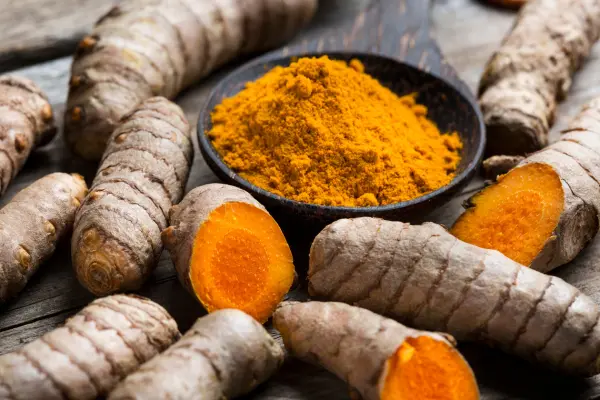
Raw turmeric is a golden gem in herbal health care, treasured across cultures for its powerful natural anti-inflammatory effects. Originating from Southeast Asia, this vibrant root targets inflammation at its core, helping to reduce joint swelling and restore mobility caused by overuse, arthritis, or exercise-related strain. Beyond joint support, it also aids in cardiovascular and metabolic functions, making it a vital herb for overall wellness.
How it’s used: Commonly consumed as warm turmeric milk infused with black pepper for enhanced absorption or taken in capsule form as a convenient supplement.
-
Aloe Vera Gel
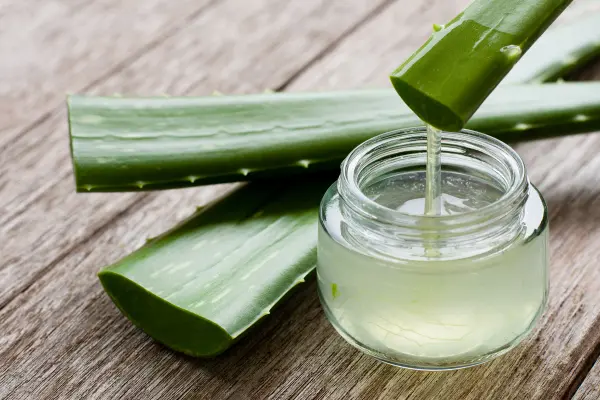
Aloe vera gel is celebrated for its soothing, cooling, and deeply hydrating qualities. Packed with essential vitamins, minerals, amino acids, and antioxidants, it helps calm inflamed tissues and supports the body’s natural detoxification processes. This makes it especially valuable for easing joint discomfort linked to stress, digestive imbalances, or hormonal changes.
How it’s used: It can be consumed as fresh juice or tablets for internal benefits, and applied topically on sore joints to reduce inflammation and promote faster healing.
-
Eucalyptus Oil
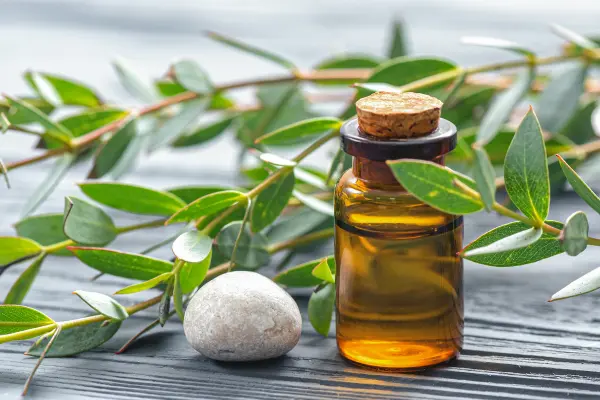
Originally native to Australia, eucalyptus oil is a trusted remedy, has analgesic properties that help soothe sore muscles, reduce swelling, and boost circulation. A 2022 clinical trial found that inhaling eucalyptus oil three times daily offered noticeable relief for people with rheumatoid arthritis. With additional antimicrobial, antifungal, and herbicidal qualities, it remains a versatile, healing herb for natural joint support.
How it’s used: Gently massaged into affected joints, added to steam inhalation, or used in warm compress therapies for targeted relief.
-
Dry Ginger (Sonth)
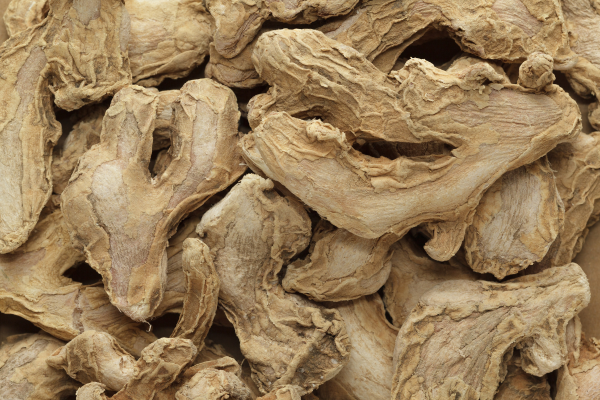
Dry ginger, sourced from the dried root of the ginger plant native to Asia, plays a vital role in traditional herbal care for joint health. Its naturally warming quality helps ease stiffness and discomfort, especially in cold-sensitive joints and tendon-related issues. It also aids in clearing toxin buildup that contributes to inflammation. Nutritionally, dry ginger offers a mix of vitamin C, vitamin B6, magnesium, potassium, and copper, making it supportive for both mobility and metabolism. Experts suggest a daily intake of about 250 mg, up to three or four times for consistent relief.
How it’s used: Enjoyed as a healing tea or mixed with sesame oil for an effective, warming joint massage.
-
Ashwagandha (Withania somnifera)

Ashwagandha is a renowned Rasayana herb in Ayurvedic medicine, known for strengthening the body’s internal systems and calming inflammation linked to stress-related joint pain. It is especially helpful for women in midlife facing stiffness due to hormonal shifts, fatigue, or low bone density. This healing herbs enhances joint resilience by supporting muscle tone, improving mobility, and easing discomfort caused by long-term wear or autoimmune conditions.
How it’s used: Commonly taken as capsules or herbal churnam blended into warm milk at night to support restful recovery and musculoskeletal balance.
-
Guggul (Commiphora mukul)
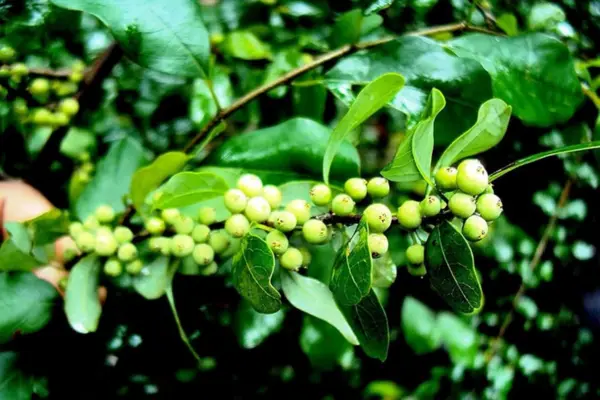
Guggul, a resin extracted from trees native to South Asia, is a cornerstone of Ayurvedic joint care. Used for centuries to manage deep-seated inflammation, it’s especially effective for conditions like osteoarthritis and rheumatoid arthritis. Guggul helps flush toxins, reduce swelling, and ease chronic stiffness in joints that no longer respond well to conventional medication. Classical formulations such as Yograj Guggulu and Mahayograj Guggulu are prescribed for sustained relief from degenerative pain.
How it’s used: Typically taken in tablet form under the supervision of an arthritis care specialist or Ayurvedic practitioner for personalized support.
-
Shallaki (Boswellia serrata)
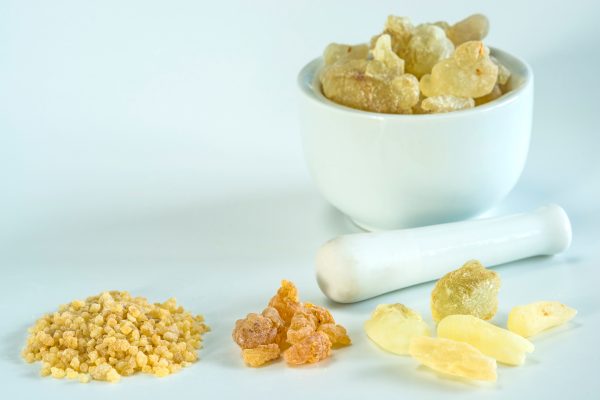
Shallaki, commonly known as Indian Frankincense, is a powerful anti-inflammatory plant used in Ayurveda to manage joint disorders without harsh side effects. The resin extracted from its bark contains active compounds that block inflammatory pathways responsible for pain and stiffness. Particularly effective in osteoarthritis, rheumatoid arthritis, and viral arthritis symptoms, Shallaki helps restore joint mobility and reduce morning stiffness. It’s often recommended for women with knee, back, or shoulder strain caused by long hours of sitting, hormonal shifts, or age-related wear.
How it’s used: Usually consumed as tablets or included in polyherbal arthritis formulations.
-
Castor Oil (Ricinus communis)
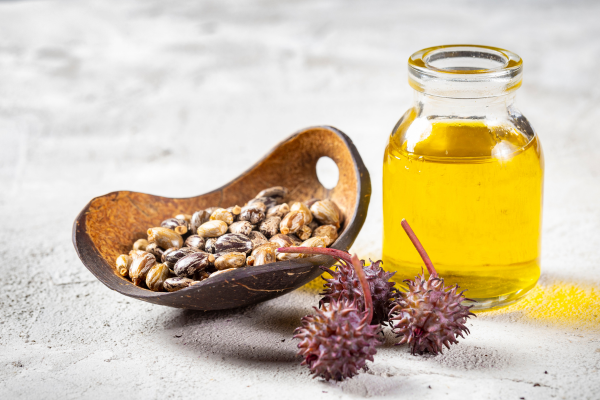
Castor oil, extracted from the seeds of the Ricinus communis plant, is a time-tested remedy in Ayurvedic joint care. Known for its Vata-balancing and detoxifying properties, it helps ease stiffness, swelling, and long-term joint discomfort caused by poor circulation or toxin buildup (ama). Especially beneficial for knee pain, lower back stiffness, and arthritis, castor oil gently lubricates joints and supports the natural elimination of inflammatory waste.
How it’s used: Traditionally consumed with warm water or milk at bedtime for internal detox or applied externally as warm oil over painful joints for soothing relief.
-
Willow Bark (Salix alba)
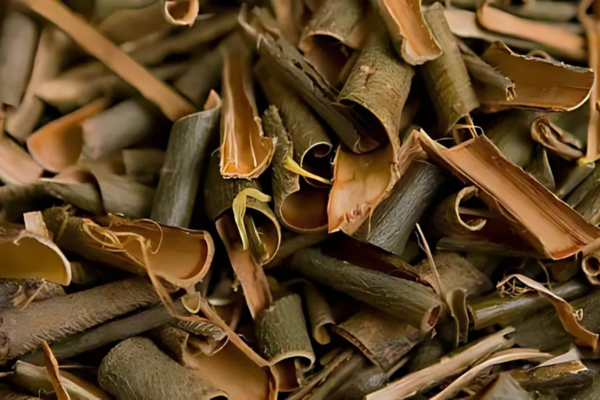
Willow bark, often called nature’s aspirin, is a natural anti-inflammatory plant known for relieving joint pain, stiffness, and inflammation—especially in the knees, back, hips, and neck. Rich in salicin and gently eases osteoarthritis (OA) symptoms without the digestive side effects of synthetic medications. This healing herbs is particularly supportive for women experiencing pain from long hours of sitting, postural strain, or age-related joint changes.
How it’s used: Consumed as herbal tea, capsules, or applied topically through creams containing willow bark extract for targeted joint relief.
-
Guduchi (Tinospora cordifolia)
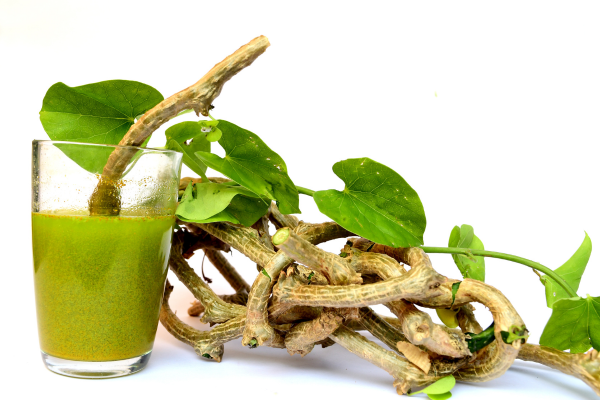
Guduchi, often called Indian Tinospora, is a revered botanical in Ayurveda known for boosting immunity and vitality. Though widely recognized for managing fevers, blood sugar levels, and digestive disorders, it also plays a vital role in easing chronic joint discomfort. Its powerful anti-inflammatory compounds help soothe stiffness and support natural detoxification, especially in autoimmune-related joint conditions like rheumatoid arthritis.
How it’s used: Consumed as freshly extracted juice from the stem or leaves, as herbal powder with warm water or milk, or in capsule form guided by an Ayurvedic practitioner.
These Ayurvedic herbs and medicinal plants become even more effective when combined with natural pain management therapies like acupuncture, massage, anti-inflammatory diet support, and simple lifestyle tips. This holistic approach offers long-lasting relief and improved mobility, helping you manage joint pain with care and confidence.
Wellness Garden: Your Partner in Complete Well-being
Healing your joints and nurturing your overall health is easier with a Wellness Garden by your side. As a trusted digital platform, we connect you with experienced experts nearby who specialise in Ayurveda, physiotherapy, nutrition, and natural pain management tailored to your unique needs.
Book a session with us to access personalized programs combining natural therapies and professional guidance for lasting relief and improved well-being. With Wellness Garden, holistic care is just a few clicks away—supporting you every step of the way toward a healthier, more comfortable life.
Frequently Asked Questions
1.What deficiency causes joint pain?
Lack of vitamin D, calcium, or omega-3 fatty acids often leads to joint pain.
2. Can I combine Ayurvedic herbs with conventional treatments?
Yes, many herbs safely complement modern treatments—consult your expert for the right balance.
3. How long does it take to get relief using herbs?
Mild joint discomfort may ease within a few weeks; chronic issues need consistent use and expert guidance.
4. I need expert-led therapy for joint pain—where can I find trusted help?
Wellness Garden connects you to certified professionals and curated natural therapy sessions, both online and offline.
5. Can herbs treat back and neck pain too?
Yes, specific healing herbs like ginger, turmeric, and ashwagandha help ease stiffness and inflammation in the back and neck.
- Table of Contents
- • Arthritis Care Plan
- • Key Causes
- • Top 10 Healing Herbs
- • How WG Helps
- • FQAs
Recent Posts
Join Our Newsletter
End note from WG Team
WG Team
Disclaimer: This information is provided for educational purposes and should not be construed as medical advice. Please consult with healthcare practitioners before undertaking any changes in wellness routines or adding new therapies.
Need Expert Guidance You Can Trust?
Speak to Our Wellness Garden Specialists
Latest Blogs
Check out some of your blogs related to your interest.
- January 23, 2026
- 2 Mins

- January 12, 2026
- NIH
- 3 Mins
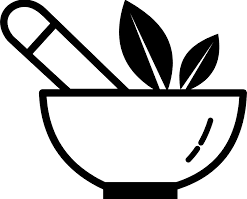
- December 14, 2025
- 3 Mins

- December 13, 2025
- Dr. Shai Efrati, M.D.
- 2 Mins


